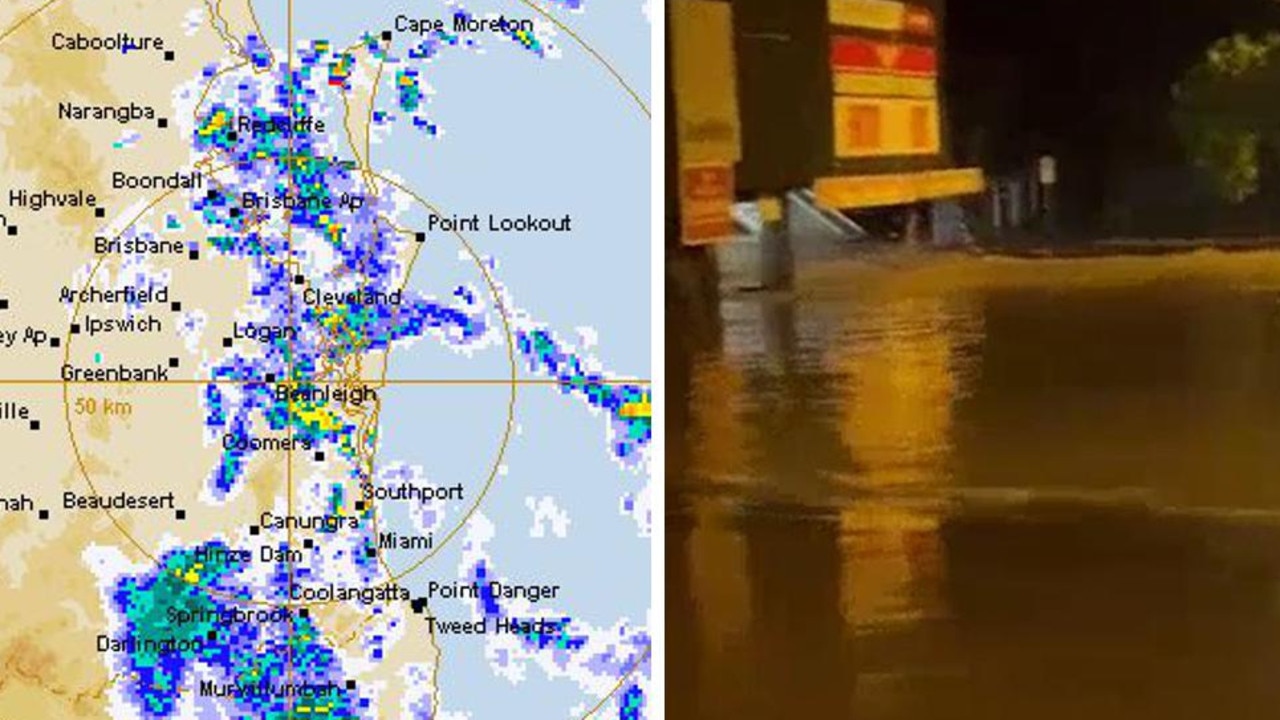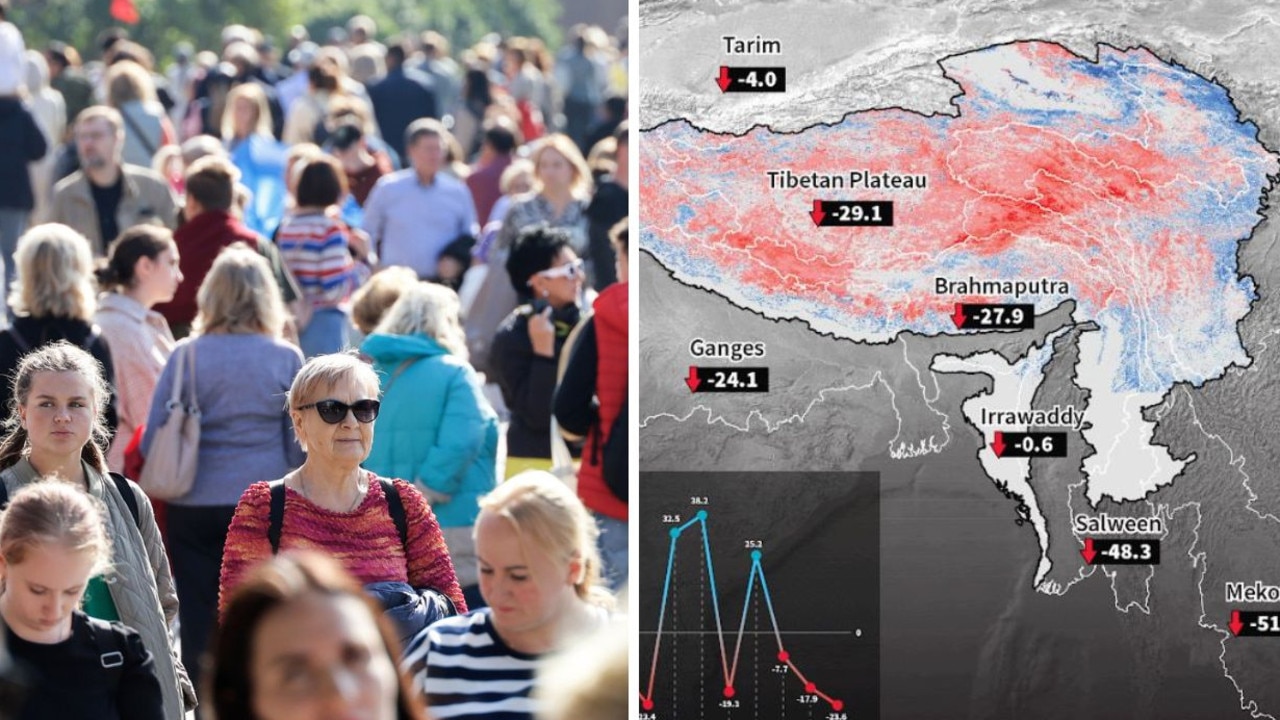‘Irreversible’ climate changes we’ll be living with for thousands of years
Climate change has often seemed like a far-off concept but we are already feeling the impacts and we won’t be able to go back.
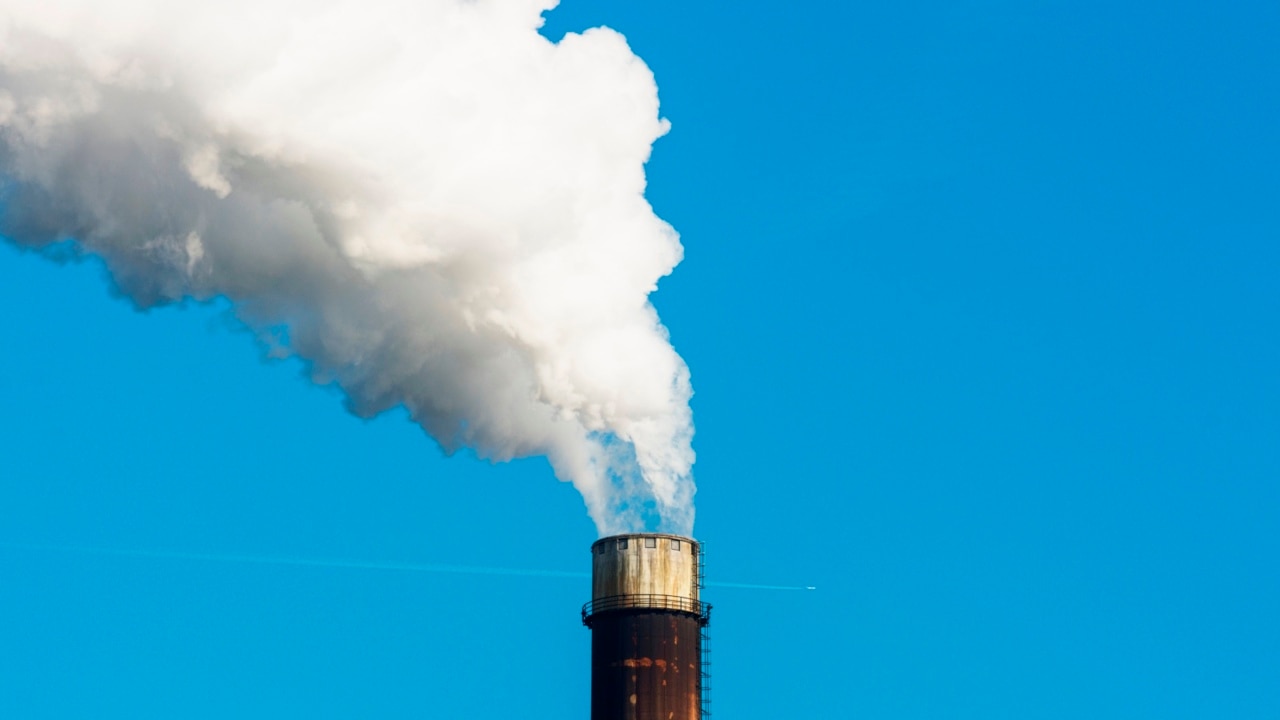
If you think climate change is a futuristic concept then you may be in for a shock.
The truth is, the world has already warmed and this warming has locked in certain “irreversible” impacts that will continue to be felt for hundreds and even thousands of years.
“We are not going to go back to our previous world without (climate change) impacts — not for a couple of hundred years,” Monash University climate researcher and data scientist James Goldie told news.com.au.
The Intergovernmental Panel on Climate Change (IPCC) released Monday a significant new report that confirms the world has warmed 1.1C and Australia has warmed 1.4C.
It makes clear that changes to the climate of every region in the world had been observed, and we will be living with some of these changes for the rest of our lifetimes — even if we take action to reduce emissions now.
In particular, sea level rise, ocean warming and the melting of glaciers is set to continue for hundreds or thousands of years regardless of what we do.
“That’s the irreversibility of it,” Dr Goldie said. “We are stuck with some of this, our lives are changing and will continue to change.
“But we can still adapt and make choices that stop things getting worse and we can save a lot of lives doing that.
“That’s why the IPCC report is a wake-up call, things could get worse and we have the opportunity to make those changes now, to stop them getting worse.”
RELATED: Australia’s future at 1.5C, 2C and 4C of warming
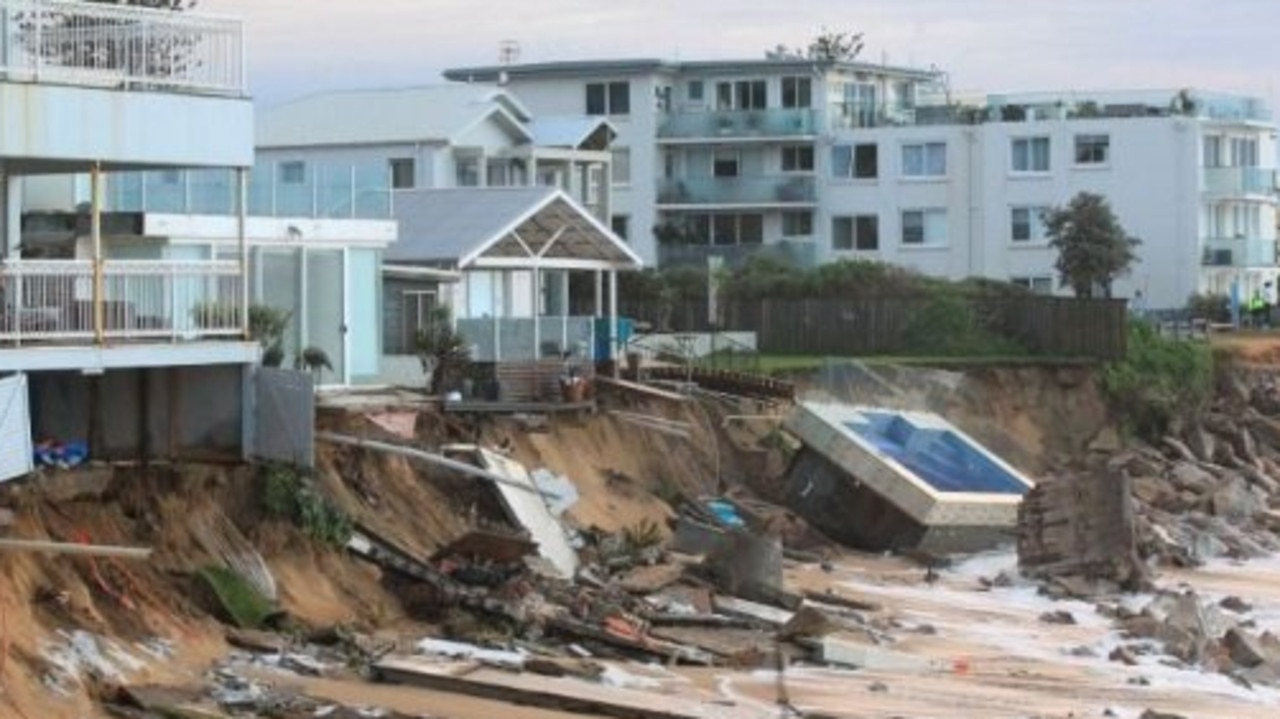
Dr Goldie said the impact of global warming on the ocean would last for thousands of years because water took longer to heat up, compared to air.
“If we stopped emitting carbon today, the warming of air would stop in about 10 years but the oceans are going to keep warming for a while,” Dr Goldie said.
The good news is that any changes we make now on bringing down emissions would at least stop global surface temperatures from rising any further within a decade or so.
“It won’t get better straight away but it should stop getting worse,” Dr Goldie said.
“Warming itself should slow down, there’s about a 10-year lag, but about a decade later, warming stops and then 100 to 200 years later it comes down again.”
Climate Council spokesman Professor Will Steffen, who is also a former IPCC report author, said the best case scenario had the world hitting net zero by 2040 or 2050 but this meant impacts would still be increasing up to that point.
“Hopefully they slow down but they will be worse than today and they will be worse for at least two decades before things are stabilised,” he said.
Prof Steffen, who is 74 years old, said this meant he would likely not live to see climate change improve.
“I’ll only see worsening of it for the rest of my life so it’s really for the young people — for my daughter and her generation — that we’ve go to do this.”
RELATED: ‘Death sentence’: Australia’s grim result
The region of Australasia, which includes Australia and New Zealand, is already experiencing more hot extremes, higher rates of sea level rise than the global average, decrease in snow cover and depth, an increase in the frequency of fire weather days, a longer fire season and less rainfall during winter in southern Australia.
Experts and leaders say it’s not too late to keep warming to around 1.5C but significant action must be taken now.
“I think there’s a lot of worry about hitting 1.5C, even temporarily and everyone is now thinking we’re heading towards 2C but that’s not true,” Dr Goldie said.
“We can change track — we’ve just got to stop emitting carbon.”
Prime Minister Scott Morrison has so far resisted setting a target of net zero by 2050, telling reporters on Tuesday that China’s emissions “accounted for more than the entire OECD combined”.
Ocean warming
The IPCC report highlights that past greenhouse gas emissions since 1750 have already set the world on an “irreversible” path when it comes to ocean warming.
It states that the global upper ocean, down to a depth of 700 metres, has experienced warming since the 1970s.
Notably, the report says when it comes to when it comes to ocean temperature, deep ocean acidification and deoxygenation, “changes are irreversible on centennial to millennial timescales”.
This means that the ocean will continue warming, potentially for thousands of years, on the higher temperatures already locked in.
RELATED: PM points finger at China after IPCC report
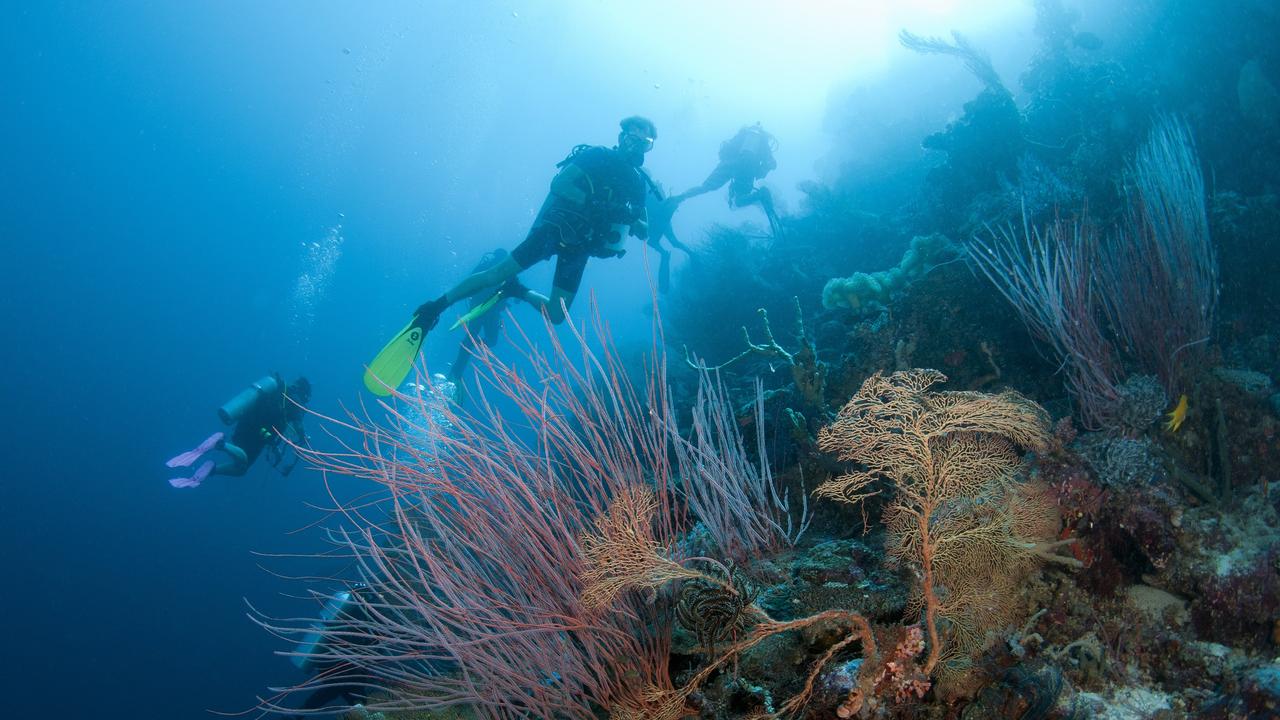
Prof Steffen said coral reefs were already being “hammered” by these warmer waters as the surface of the ocean heats up more quickly than deeper waters.
Corals are also vulnerable to the process of acidification, which reduces the amount of carbonate in the water that it requires to form its shells and skeletons.
“So you’ve got this double whammy, with corals sitting in warmer temperatures and acidic waters,” he said.
Prof Steffen said half the Great Barrier Reef had already been bleached in recent years and once temperatures rose to 1.5C it would be in “serious trouble”.
At 2C warming, the world would lose virtually all reefs from 2050 onwards.
“Basically if we want to keep remnants of the reef, we’ve go to keep temperatures well under 2C,” Prof Steffen said.
“That’s why we say every degree matters.”
Glaciers will keep melting
Mountain and polar glaciers will also continue melting for decades or centuries thanks to past emissions.
There’s already been a decrease of Arctic sea ice area between 1979–1988 and 2010–2019 of about 40 per cent in September, and about 10 per cent in March.
The Arctic is now expected to be practically sea ice free at least once in September before 2050 under any of the emissions scenarios.
RELATED: Arctic record temperatures spark warning
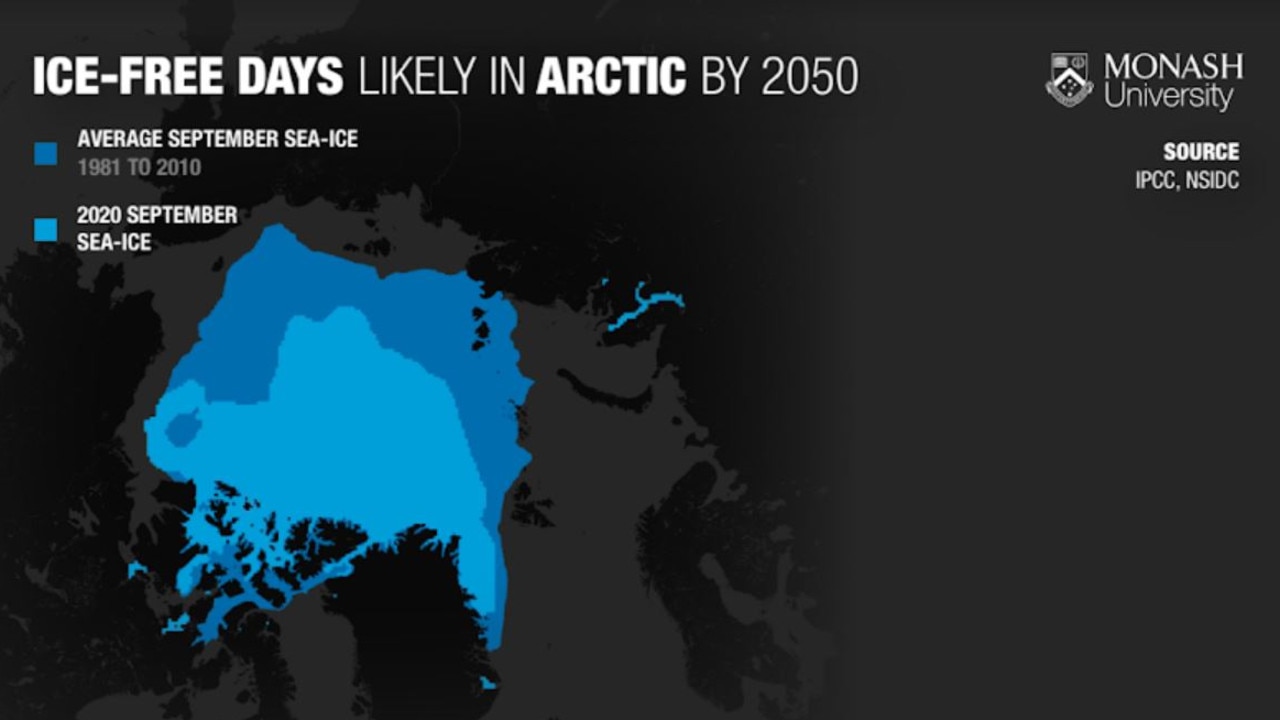
Prof Steffen said another issue that is being investigated is the loss of carbon from permafrost when it thaws, which the report believes will be “irreversible” for hundreds of years.
He said permafrost currently stored twice as much carbon as what was in the atmosphere, and its release could become an issue in the future.
“Once you breach 1.5C you are certainly raising the risk of losing carbon in permafrost, and this could really affect the global average surface temperature.”
Sea level rise
Sea levels will remain elevated for thousands of years due to continuing deep ocean warming and ice sheet melt.
The average global sea level has already increased by 20 centimetres between 1901 and 2018.
The IPCC report says it’s virtually certain sea levels will continue to rise over the 21st century.
Even under the lowest emission scenarios sea levels are expected to rise between 28 to 55 centimetres by 2100, compared to 1995-2014 levels.
The world’s current climate trajectory would see levels rise between 44 and 76 centimetres.
RELATED: Crucial ocean circulation system could collapse
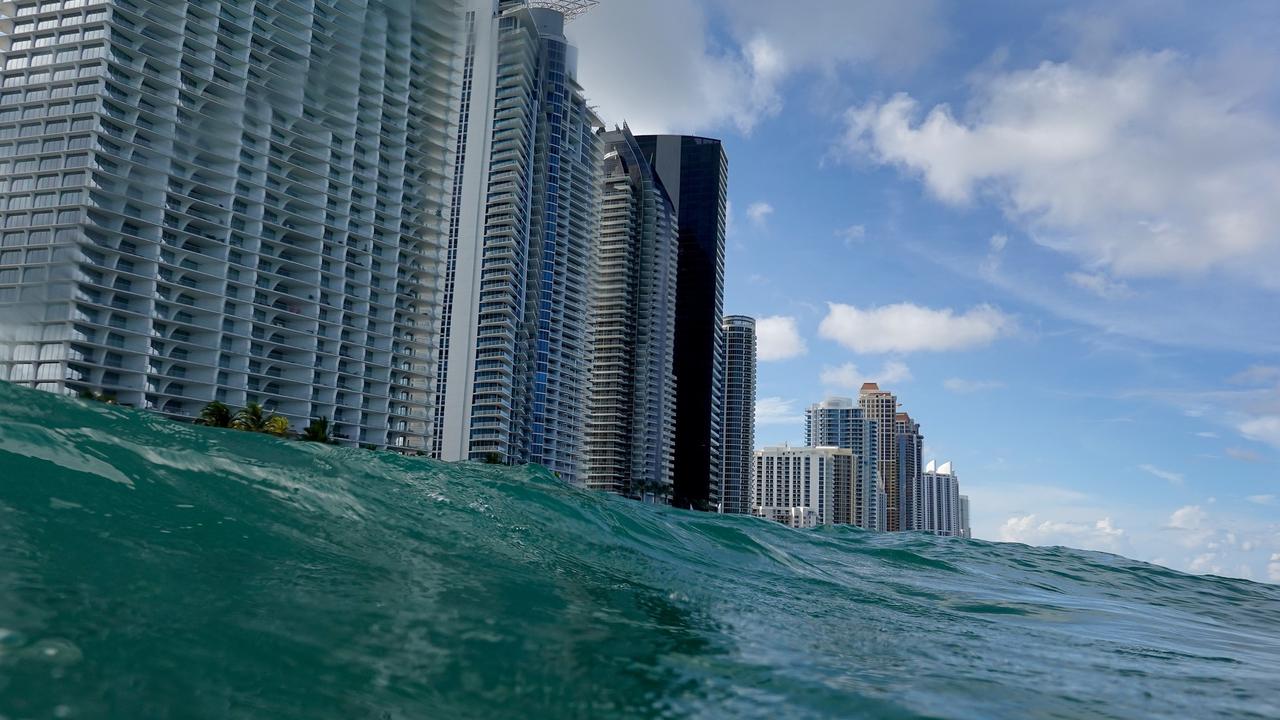
Higher-emission scenarios see levels rise by up to 1.88 metres, with increases of up to five metres by 2150 unable to be ruled out as it’s uncertain how ice sheets will react.
Dr Goldie said reducing emissions now would slow sea level rise as well as ensure it was lower.
The decisions we make today will continue to be seen for thousands of years.
Even if warming is limited to 1.5C, average global sea levels will rise by about two to three metres over the next 2000 years, and two to six metres if warming is limited to 2C.
If there is 5C of warming, levels are expected to rise a whopping 19-22 metres.
The IPCC report from Working Group I is the first instalment of its Sixth Assessment report and covers the physical science of climate change.


